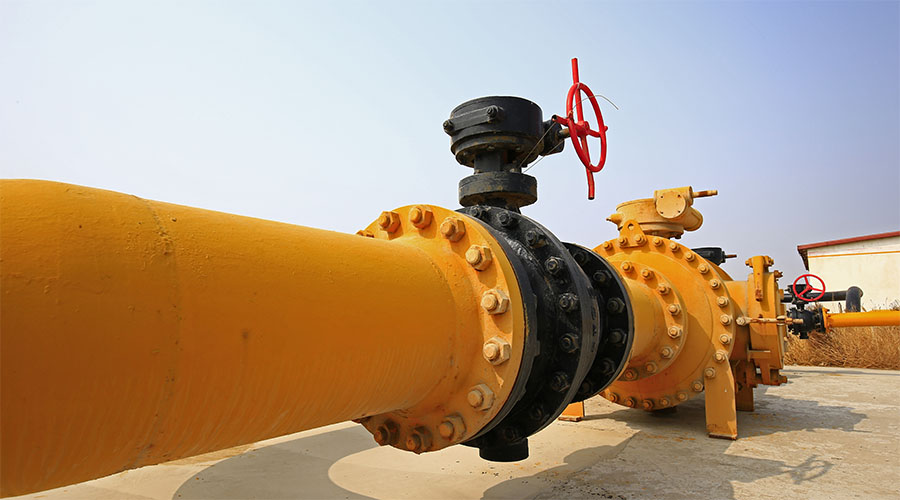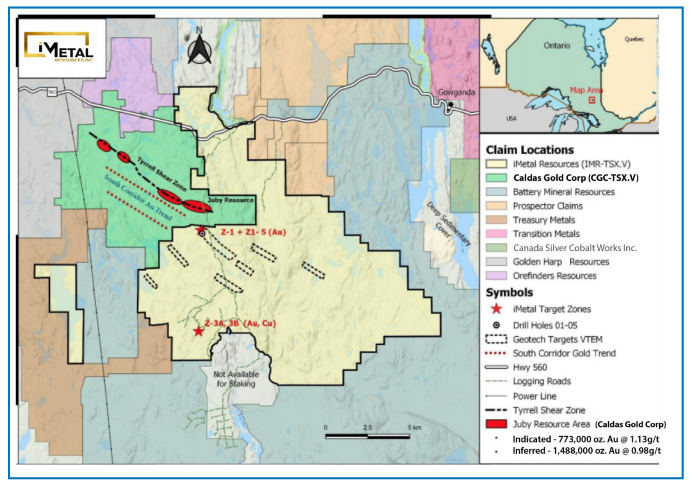As China and Japan continue to ratchet up tensions over a group of disputed islands in the East China Sea, many investors may be wondering how the dispute could affect the marketplace. One potential area for fallout is the market for rare earth elements (REEs): the futuristic sounding group of 17 minerals with unpronounceable names that play a critical role in everything from hybrid cars to flat screen TVs. As discussed in our October edition of the Euro Pacific Capital Global Investor Newsletter, these minerals have shown particular sensitivity to the diplomatic relationship between the two Asian giants. If the current situation deteriorates (as it has this week when several major Chinese banks pulled out of International Monetary Fund events in Tokyo), the REE market may come under intense pressure.
As of now, China controls over 90 percent of the world's rare earth mining concerns. In the past, this near monopoly has allowed them to exert a significant influence over both price and supply. In 2010 and 2011, China used its position to send prices on a roller coaster ride. The catalyst was a dispute over the same islands that are causing tensions to rise today.
Though currently uninhabited, many believe that the Diaoyu Islands (called the Senkaku Islands by Japan) sit on top of valuable oil and gas reserves. But even if the islands are nothing but worthless rocks, they have simply become flash points in a long-running rivalry between the biggest powers in East Asia. Viewed through that lens, symbolism is everything.
In September of 2010, Japan arrested a Chinese fishing crew whose boat had collided with two Japanese Coast Guard vessels near the islands. The boat captain's 16-day incarceration ignited long simmering tensions between the two Asian powers. Over the course of the dispute, China took the gloves off and hit Japan where it hurts: It halted shipments of REE's to Japan, the world's largest importer. Japan had traditionally bought 60% of China's rare mineral supply for its high tech manufacturing industries. The embargo even spread briefly to the United States and Europe after US officials announced plans to investigate China for possible World Trade Organization violations.
Through it all, China claimed that no countries were being targeted but, rather, the shipment slowdowns were a result of increased regulation in the rare earths industry. But as many experts have suggested, China's unofficial embargo served as an effective means to strike at Japan. . .View Full Article


























































